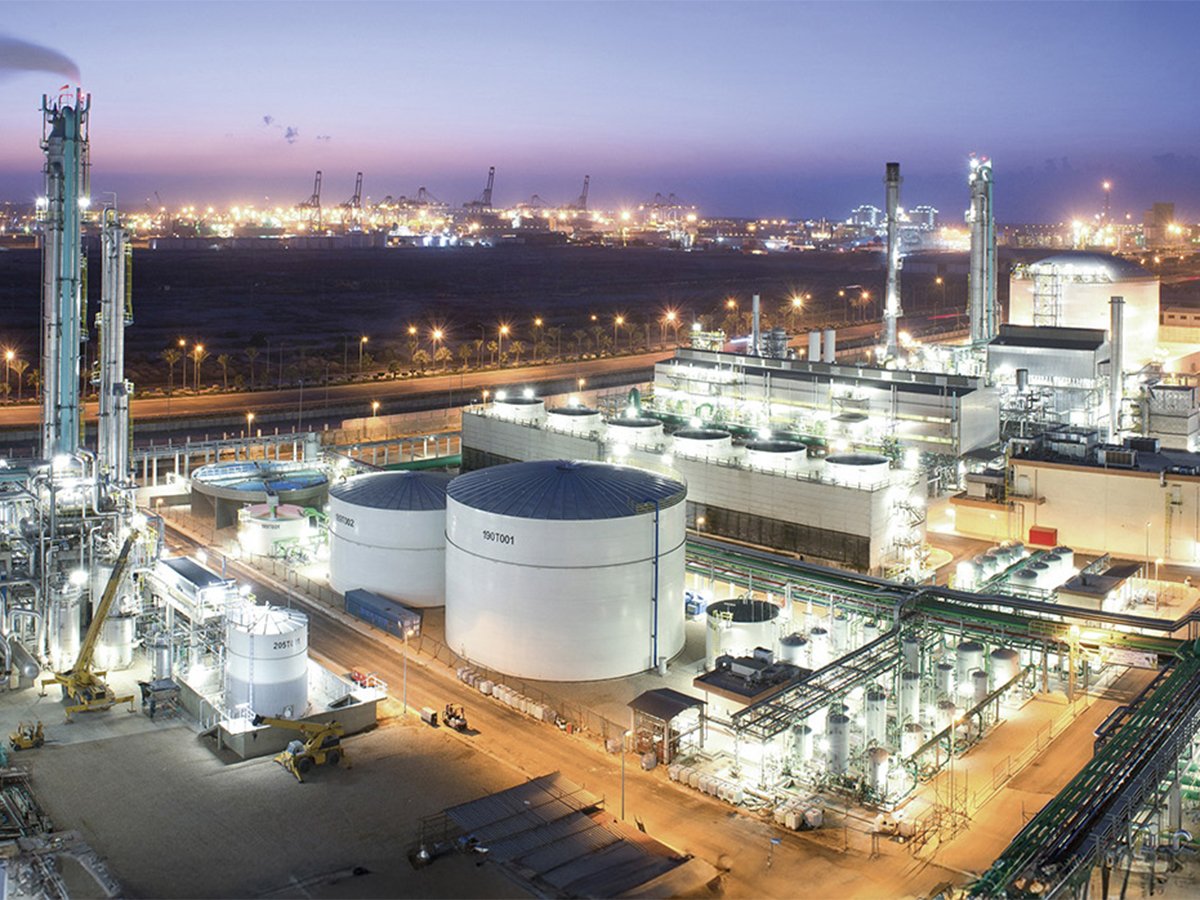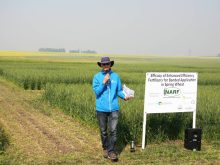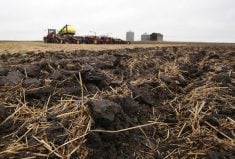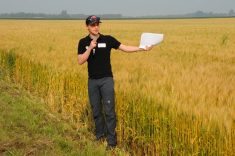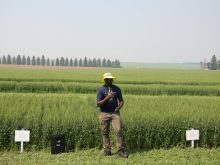SASKATOON —Genesis Fertilizers is seeking government support for the megaproject.
Derek Penner, president of the company trying to build a $2.3 billion nitrogen fertilizer plant in Belle Plaine, Sask., said the project aligns with prime minister Mark Carney’s vision for the country.
Carney wants to reduce Canada’s reliance on trade with the United States while bolstering the domestic market for Canadian goods and services.
Read Also

Short rapeseed crop may put China in a bind
Industry thinks China’s rapeseed crop is way smaller than the official government estimate. The country’s canola imports will also be down, so there will be a lot of unmet demand.
Penner said the proposed Genesis project would support farmers, provide food and fertilizer security and allow Canadians to invest in a homegrown value-added project.
“These are all things that they’re talking about, so they should be supporting that,” he said.
“We would be looking for substantive support from them.”
Penner, who has been on the job for about 60 days, said there are all sorts of government programs and institutions the company can tap into.
The list includes the Major Projects Office, the Canada Infrastructure Bank, the Canada Growth Fund and the Strategic Response Fund.
In the past, Genesis had been lobbying for support surrounding the back end of the project, but Penner would rather see it during the development phase because he believes that would provide some reassurance for private investors.
His top priority right now is finding a strategic partner for the project.
“I’ve had lots of discussions, but it takes time,” said Penner.
“I have two really great meetings coming up next week, which I think have some good potential,” he said Oct. 1.
He did not want to identify who those meetings are with, but he said a strategic partner could be anything from a private equity group to a technology provider to a construction company.
The target is to raise $150 million through strategic partnerships.
The firm hopes to generate another $400 million in farmer investment. Growers had already committed $120 million to the project, including $33 million in cash as of July.
Penner said the company has been focusing on the strategic partnership side of the financing while farmers have been busy with harvest, but it will soon be redeploying its dealer representatives to get more farmer buy-in.
The remainder of the money for the megaproject will come from debt financing. The company is hoping $600 million of that will come from the Export-Import Bank of Korea, which is an export credit agency.
Genesis is in the midst of the Front-End Engineering and Design (FEED) phase of the project.
Penner dispelled a rumour that DL Engineering & Construction, the South Korean engineering firm that is co-ordinating the FEED process, has pulled out of the project.
He does not know what gave rise to the rumour.
“We’re still pushing forward,” he said.
“I have continuous discussions with DL daily. Even this morning I had discussions with them.”
A spokesperson for DL said the firm continues to support Genesis in advancing the FEED work.
“The project is currently progressing in line with expectations, and we continue to work collaboratively with Genesis to move this stage forward,” J.D. Lee said in a Sept. 7 email.
“We remain committed to providing our expertise and technical support as Genesis advances this important initiative.”
The FEED process is scheduled to be completed in the first half of 2026. That will be followed by a final investment decision on the project.
The target is to have construction begin in the second half of 2026, but Penner acknowledged that could be a tricky timeline.
“You can imagine trying to start a construction project in Saskatchewan in December,” he said.


